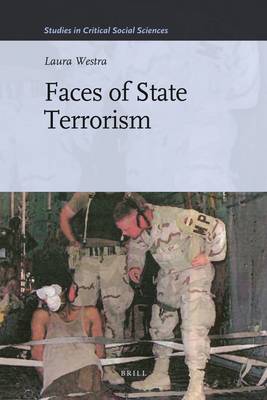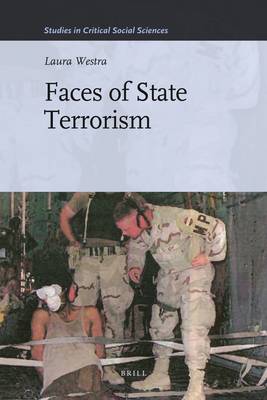
- Afhalen na 1 uur in een winkel met voorraad
- Gratis thuislevering in België vanaf € 30
- Ruim aanbod met 7 miljoen producten
- Afhalen na 1 uur in een winkel met voorraad
- Gratis thuislevering in België vanaf € 30
- Ruim aanbod met 7 miljoen producten
Zoeken
Omschrijving
Terrorism, a widespread global phenomenon, manifests itself in the actions and the policies of individuals and groups, but also and primarily in the actions and policies of states. Delving into the seldom-discussed question of the motivation for most episodes of terrorism, this book studies terrorism's effects based on the economic and geopolitical imbalances that frame today's global governance. The main goal of terrorism is to induce terror, and perhaps to influence public opinion for political change. Many states hide their terrorist activities under the "faces" they show the world, masks intended to hide real aims of acquiring or expanding power and wealth. These activities, presented as "self-defense," "preventive action," "counter-measures" or even as promoting "progress and development," are forms of state terrorism that are much more widespread, powerful, and destructive than the actions originating from groups labeled terrorist since 9/11. This book examines the numerous illegal measures states use, from unlawful imprisonment and curtailing of civil liberties to torture, in the name of responding to terrorism. At the same time, it considers how trade and industrial activities terrorize people by depriving them of the natural resources they need to survive and by exposing communities to life-threatening hazardous conditions. In closing, the book considers how existing laws might stem the tide of state terrorism. The conclusions are not optimistic: the UN's systems and legal regimes are clear in defense of human rights, but the structure and nature of state power do not permit these mandates to prevail.
With a foreword by Tullio Scovazzi.
With a foreword by Tullio Scovazzi.
Specificaties
Betrokkenen
- Auteur(s):
- Uitgeverij:
Inhoud
- Aantal bladzijden:
- 264
- Taal:
- Engels
- Reeks:
- Reeksnummer:
- nr. 42
Eigenschappen
- Productcode (EAN):
- 9789004224568
- Verschijningsdatum:
- 16/05/2012
- Uitvoering:
- Hardcover
- Formaat:
- Genaaid
- Afmetingen:
- 163 mm x 241 mm
- Gewicht:
- 521 g

Alleen bij Standaard Boekhandel
+ 445 punten op je klantenkaart van Standaard Boekhandel
Beoordelingen
We publiceren alleen reviews die voldoen aan de voorwaarden voor reviews. Bekijk onze voorwaarden voor reviews.








